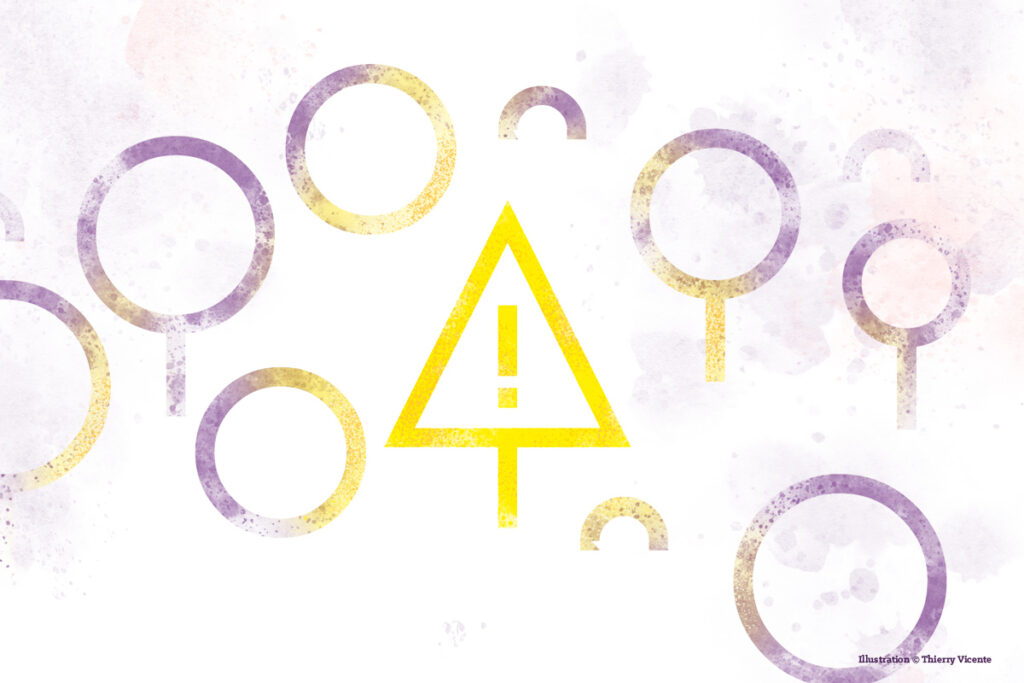[LUM#7] What are whistleblowers called?
Heroes to some, renegades to others, whistleblowers are now a fixture in the legal landscape. What do they tell us about our society, and what role should they play in the administration of justice? It's a conundrum, caught between the demand for transparency and the risk of manipulation.

Their names are Julian Assange, Edward Snowden, and Irène Frachon, and they owe their fame to revelations about torture practices in Iraq (Wikileaks reveals the truth about the war in Iraq, YouTube AFP, 2011), illegal NSA wiretapping, and the dangers of Mediator (Mediator scandal, Le Monde, 2021).
Behind these few leading figures, there are many others, anonymous, who have alerted the public to a situation they considered harmful to society. What they all have in common is that they sacrificed their careers, often their social lives, and in some cases even their freedom, in the name of a cause they believed to be greater than themselves: the public's right to know a truth that, without them, would never have caused a scandal or led to an investigation.
White knights, fake news, and the snowball effect
"Public authorities have long relied on private individuals," explains Marie-Christine Sordino, professor of criminal law at the Faculty of Law and Political Science. "In the past, we used to talk about informing or denunciation. But today, we prefer the term 'reporting' to these terms, which evoke dark periods in history."
This practice has taken on a new dimension in recent years. In 2010, the organization Wikileaks orchestrated the leak of tens of thousands of confidential diplomatic cables. This caused a real earthquake and raised awareness: at a time when the best-kept secrets can fit on a USB stick and be leaked on social media, no one is safe from revelations that can be heard around the world. "We need to ask ourselves about the circulation of revelations, " says the criminal lawyer. We live in an information society where everything moves very quickly and where a reputation can be ruined in just a few hours." In the information war waged by states and companies, a whistleblower can quickly become a weapon of mass destabilization.
To prevent abuses, lawmakers are striving to regulate the status of these whistleblowers. This is no easy task: since 2001, around ten laws have addressed the issue. The most recent, the Sapin II law of December 9, 2016, on transparency and the fight against corruption, places the concepts of disinterest and good faith at the heart of its provisions. Reports intended to harm a competitor or attempting to cloak personal interest in a mantle of virtue are declared offside. This distinction is not always clear-cut. "In a health scandal, the concept of public interest may seem clear. It is more complicated in the case of accounting and financial law,"notes Marie-Christine Sordino.
Democratic crisis
The question also concerns the resources available to the judicial system to take on complex and costly cases. "The use of whistleblowers reveals a certain powerlessness on the part of the public authorities in the face of ever-increasing demands for transparency from citizens. The public prosecutor's office cannot keep up," summarizes the lawyer.
Beyond its legal dimension, the figure of the whistleblower symbolizes mistrust of institutions. Mistrust of the justice system, which 45% of citizens say they no longer trust, mistrust of the press in the era of fake news... "Whistleblowers are essentially alerting us to a deep social malaise," says Marie-Christine Sordino, who is equally concerned about the demand for absolute transparency: "This ideal can lead to dictatorship, to a society of constant suspicion." This is all the more worrying because, as she points out, transparency and truth are far from synonymous: "People who blow the whistle often have scores to settle, personal problems... Good faith and disinterest are rare! Transparency on everything would mean that it is up to citizens to sort through it all... Are we ready for that?" ¤
A brief guide for whistleblowers
While the Sapin II law states that "a person who breaches a legally protected secret is not criminally liable, provided that such disclosure is necessary and proportionate," a number of rules must still be followed in order to remain within the law and benefit from protection. The first of these is to act selflessly. Whistleblowers must be motivated by the public interest and not by personal considerations. Another, more controversial requirement is the obligation to first alert a superior (or the person designated by the company) , who must then take action to resolve the problem within a "reasonable time frame." At this stage, the confidentiality of the whistleblower is theoretically guaranteed by their superiors. Only if there is no response from their superiors will the whistleblower be justified in making the matter public, thereby becoming a genuine whistleblower.
Find UM podcasts now available on your favorite platform (Spotify, Deezer, Apple Podcasts, Amazon Music, etc.).